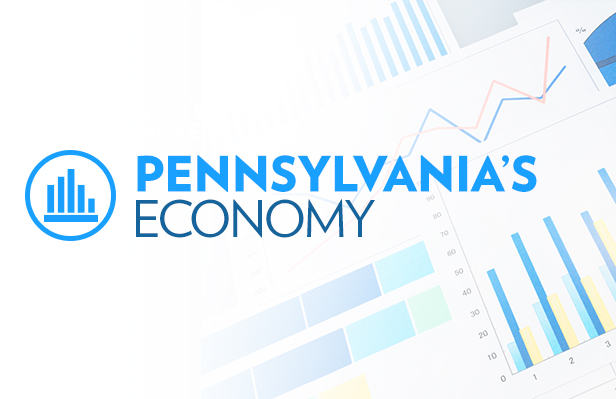Media

Pa.’s Economy Continues to Underwhelm
Just how burdensome have Pennsylvania taxes and regulations become? According to the latest edition of Rich States, Poor States (RSPS), the commonwealth ranks 35th in the nation for economic performance and 38th in the nation for economic outlook.
RSPS measures economic performance using variables like a state’s gross domestic product, domestic migration, and the number of non-farm employment opportunities.
The economic outlook ranking is based on 15 critical factors, including income tax progressivity, property taxes, sales tax, and the number of state employees per citizen. Across the nation, Pennsylvania ranks 35th on the top marginal personal income tax, 49th on the top marginal corporate income tax, and last on estate and inheritance taxes. The lack of a right to work law also hurts the state’s competitiveness.
How can Pennsylvania turn these poor rankings around? The Taxpayer Protection Act (TPA) is a great first step. This reform would slow the rate of spending growth, which can help lay the groundwork for comprehensive tax reform. Overhauling the state’s tax code to reduce the burden on individuals will lead to robust economic growth and put more money in the pockets of working people. This will allow individuals and businesses, rather than government, to invest in their local communities.
Colorado enacted a similar reform several decades ago, and the results were astounding. The state’s tax burden fell and household income rose by 88.2 percent between 1992-2007. Job growth during this period doubled as well after, with more than 500,000 new jobs created.
Rich States, Poor States, similar reports analyzing Pennsylvania’s economic climate, and the state’s relatively high unemployment rate demonstrate the need for a fiscal course correction. By encouraging fiscal responsibility through long-term reforms like the TPA, policymakers can reverse decades of economic stagnation and create a better Pennsylvania for all.